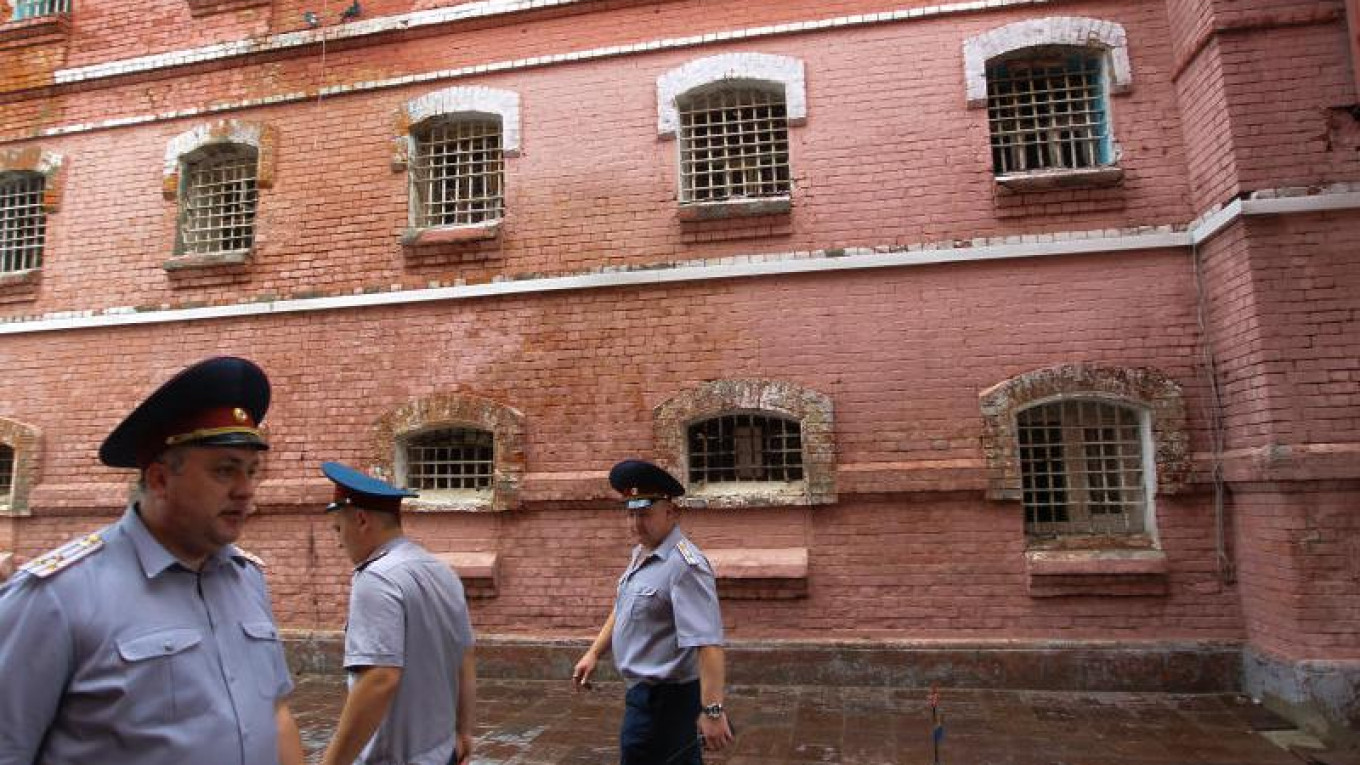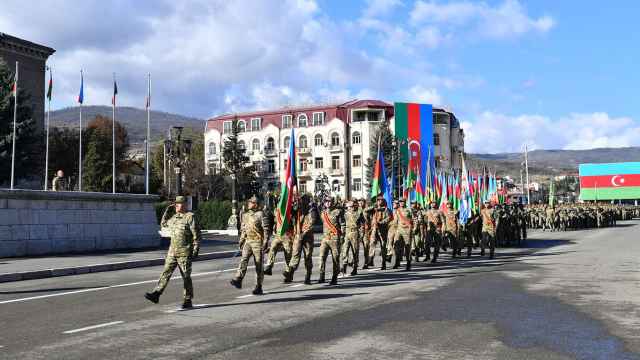Russia’s prison system is a direct holdover of the Soviet Gulag. It is not unusual for detainees to be humiliated, beaten, and tortured at police stations, prisons, and prison settlements.
It is less usual for reports of maltreatment to appear. When they do, they generally come from the victims themselves — such as when activist Ildar Dadin dictated a letter detailing his ordeal to his lawyer. Sometimes, prisoners manage to sneak out a call to relatives using smuggled cell phones.
During the Soviet era, and even long after it, human rights activists were banned from entering prisons. However, this changed in 2008, when a new law on public oversight was passed as part of the “Medvedev thaw.” The authors of the law were guided by the experience in Britain, where special visitors monitor prison conditions. This new law was a breakthrough. It permitted independent, non-governmental rights advocates to get elected to the Public Monitoring Commissions (PMC) that inspect prisons. The monitors received access to prisons, prison settlements, and police stations across the country.
Many veterans of long-standing human rights organizations joined the commissions as a result. Those independent inspectors strove to ensure that the physical and living conditions in prisons complied with the law, and that prisoners had adequate mattresses and blankets. But they paid particular attention to the quality of medical assistance given to prisoners, and to reported instances of torture or excessive pressure by investigators, who were known to team up with prison guards to create unbearable living conditions for inmates.
Things began to change again after former Hermitage Capital auditor Sergei Magnitsky died in Moscow’s Matrosskaya Tishina detention center in November 2009. The PMC, headed by human rights activist Valery Borshchev, held a public inquiry into his death. That inquiry later served as the basis for the so-called “Magnitsky Act” passed by the U.S. Congress, and was discussed at meetings between the Presidential Council on Human Rights and President Dmitry Medvedev.
But for every action, there is a reaction. The increased activity by human rights activists prompted a response from Russia’s security strongmen. The 2010 elections to the Moscow PMC brought in a number of new members – former military personnel and others representing the interests of intelligence agencies. And three years later, Anton Tsvetkov, head of the Officers of Russia organization, became the new chairman of the Moscow commission. He brought a number of his associates with him, too. By planting so many former siloviki in public monitoring commissions across the country, the authorities made it clear that they intended to clamp down on the work of independent monitors.
Such monitors were preventing jailers, investigators, and police officers from applying undue pressure on the accused, exposing corruption in prisons, and telling the world about the torture and slave labor to which Russian prisoners are subjected. But that was not enough. The latest elections to the PMC in October 2016 looked more like a special op. In 42 regions, or one-half of the country, the rights activists who had done the most work in prisons, were denied membership.
The Moscow PMC now includes Dmitry Komnov, the disgraced former head of the Butyrka prison who was fired soon after being implicated in Magnitsky’s death. Members of the first PMC named him as one of those responsible for that death and the U.S. Congress included him in its “Magnitsky List.” Now, Dmitry Komnov, along with two Cossack chieftains and a major general with the Interior Ministry will be checking to ensure that Moscow prisons uphold the rights of prisoners.
To sweeten that bitter pill, the authorities included several independent individuals on the PMC as well – three journalists and three human rights activists. But the other 25 members of the Commission are either former siloviki or their business partners. Starting in 2008, the combination of public monitoring of prisons and prison colonies and the provision of independent legal counsel successfully prevented siloviki agencies from illegally abusing prisoners.
Some eight years later, such public control is practically nonexistent. Many rights activists who actively worked in prisons and were not included in public monitoring commissions across Russia this time plan to contest the recent elections and call for a re-vote. However, the outcome of those lawsuits is predictable. Courts that are part of a system based on loyalty and repression are unlikely to grant such a request.
But this does not mean activists should stop resisting the dismantling of public control in Russian prisons. Such control has been crucial for Ildar Dadin – and he is far from alone in his plight.
Zoya Svetova is a human rights activist.
A Message from The Moscow Times:
Dear readers,
We are facing unprecedented challenges. Russia's Prosecutor General's Office has designated The Moscow Times as an "undesirable" organization, criminalizing our work and putting our staff at risk of prosecution. This follows our earlier unjust labeling as a "foreign agent."
These actions are direct attempts to silence independent journalism in Russia. The authorities claim our work "discredits the decisions of the Russian leadership." We see things differently: we strive to provide accurate, unbiased reporting on Russia.
We, the journalists of The Moscow Times, refuse to be silenced. But to continue our work, we need your help.
Your support, no matter how small, makes a world of difference. If you can, please support us monthly starting from just $2. It's quick to set up, and every contribution makes a significant impact.
By supporting The Moscow Times, you're defending open, independent journalism in the face of repression. Thank you for standing with us.
Remind me later.








